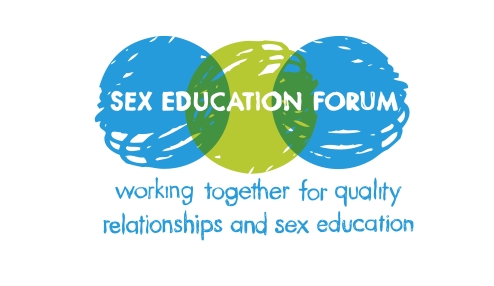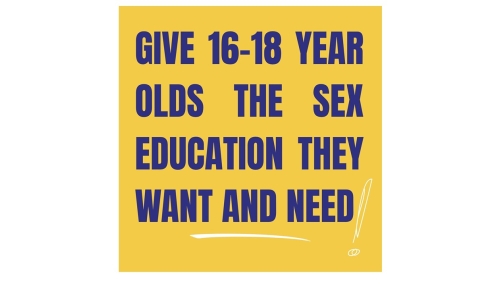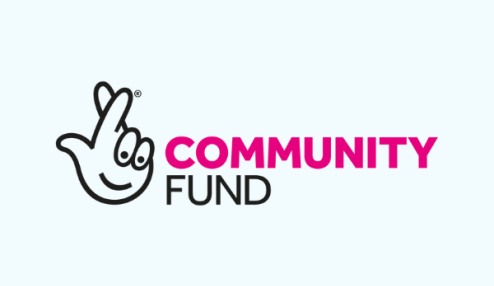Sex Education Forum Chief Executive, Lucy Emmerson explains what the Department for Education’s draft RSHE guidance means for educators and what’s next.
When relationships and sex education (RSE) became mandatory five years ago it was widely supported in Parliament as a safeguarding tool, with broad, cross-party support.
Young people are starting to benefit from this protective curriculum, with 50% saying their RSE is ‘good’ or ‘very good’ in our poll of 16 and 17 years olds earlier this year. Our annual polling shows that RSE satisfaction amongst young people has improved year on year since 2021.
The 2019 RSHE guidance is based on the established research evidence on RSE, and has flexibility for schools to deliver curricula that meets the needs of their learners. A review of the guidance was needed and welcomed by Sex Education Forum, because children and young people’s lives have changed since 2019. There are also gaps that need to be addressed, for example on how to sequence learning – which was highlighted by Ofsted as part of their review of sexual violence and sexual abuse in schools and colleges in 2021.
Sadly, the draft updated RSHE guidance published for consultation by Government on 16 May 2024 fails to acknowledge the views and experiences of children and young people about their RSE. It is not underpinned by research evidence and, should the proposals go ahead, would create a culture of fear and stigma around the teaching of, and discussion about key topics that are intrinsic to comprehensive relationships and sex education.
What the proposed guidance could mean for RSHE lessons
Some examples of the proposals and the implications if they got the go-ahead:
Proposal: Banning teaching about puberty before Year 4
Year 4 is a typical point to start introducing puberty education, however a ban on earlier teaching gives out the wrong message, signalling that it’s inappropriate to teach earlier. Normal puberty onset is 8-13 for girls and 9-14 for boys. Some girls start their periods age 8 (Year 3), and a small number even earlier. A survey found that 1 in 4 girls started their periods before they learnt about them. The implication of banning puberty education before Year 4 is that more girls start their periods in ignorance.
Proposal: Banning teaching about the harms of pornography before Year 7
One in 10 children aged nine years old have accessed pornography (Office of the Children’s Commissioner, 2023). This proposal would make it impossible to give primary aged children an appropriate level of information about the harms of pornography.
Proposal: Banning teaching about STIs before Year 9
All young people in Year 8 (aged 12-13) are offered the vaccination for Human Papilloma Virus (HPV), which is a sexually transmitted infection. The proposal is that young people start learning about STIs in Year 9, when they are 13-14 years old. The implication of the proposed ban is that it would make it impossible to explain to young people why they are being given a vaccine. This comes at a time when STI rates amongst young people are rising (see report on STI prevalence from Women and Equalities’ Committee, 2024)
Proposal: Banning teaching about the details of FGM before year 9
Primary aged children (5-9 year olds) are at greatest risk of FGM in England & Wales (FGM Network). The proposal would result in FGM not being explained in sufficient detail for children to recognise what it is, and this risks schools avoiding all mention of FGM until well after the key risk age. There are established approaches to teaching FGM sensitively as a safeguarding matter in primary school, and this would be threatened. Furthermore, the proposal contradicts Government’s multi-agency statutory guidance on FGM (2020) which includes a case study from a school which has FGM awareness lessons from years 4-6.
Consequences of banning or censoring RSHE topics
If topics were to be age-rated or censored entirely – as is proposed for teaching about gender identity - children will be left even more dependent on getting answers about issues such as pornography, coercive control and STIs from online sources. We already know that around a fifth of young people are relying on the internet as their main source of sex education - which was one of the many reasons why compulsory RSE came into being in the first place.
Banning topics and restricting age bands is not the solution. Supporting schools, training teachers and taking an evidence-based approach is what’s needed to empower and protect children and young people. That must start with Ministers properly engaging with young people about the information they need to meet these challenges.
Guide to the RSHE consultation
We have now published a Guide to the RSHE consultation - this is freely available support individuals and organisations in responding to the consultation.




Share